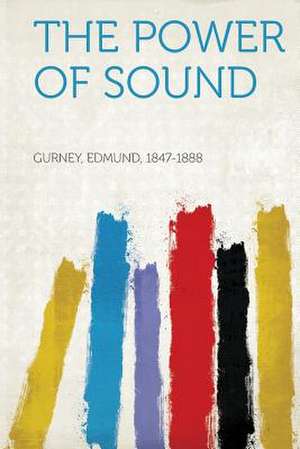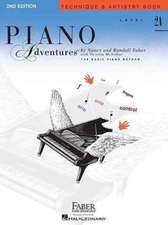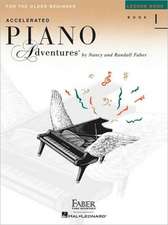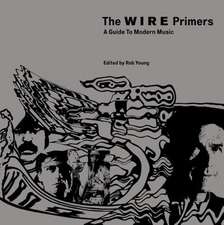The Power of Sound
Autor Edmund Gurneyen Limba Engleză Paperback – 27 ian 2013
| Toate formatele și edițiile | Preț | Express |
|---|---|---|
| Paperback (2) | 210.53 lei 38-44 zile | |
| HardPress Publishing – 27 ian 2013 | 210.53 lei 38-44 zile | |
| Cambridge University Press – 19 oct 2011 | 524.46 lei 6-8 săpt. |
Preț: 210.53 lei
Nou
Puncte Express: 316
Preț estimativ în valută:
40.28€ • 42.17$ • 33.33£
40.28€ • 42.17$ • 33.33£
Carte tipărită la comandă
Livrare economică 03-09 aprilie
Preluare comenzi: 021 569.72.76
Specificații
ISBN-13: 9781290980104
ISBN-10: 1290980101
Pagini: 588
Dimensiuni: 151 x 228 x 35 mm
Greutate: 0.85 kg
Editura: HardPress Publishing
ISBN-10: 1290980101
Pagini: 588
Dimensiuni: 151 x 228 x 35 mm
Greutate: 0.85 kg
Editura: HardPress Publishing
Cuprins
Preface; 1. The organs and impressions of the higher senses; 2. Unformed sound; 3. The elements of a work of art; 4. Abstract form as addressed to the eye; 5. Abstract form as addressed to the ear; 6. Association; 7. The factors of melodic form; 8. Melodic forms and the ideal motion; 9. The relations of reason and order to beauty; 10. Further remarks on musical form and 'subject'; 11. Polyphony and harmony; 12. Material and colour; 13. The two ways of hearing music; 14. Music as impressive and music as expressive; 15. The suggestion by music of external objects and ideas; 16. Music in relation to intellect and morality; 17. Further peculiarities of music's nature and position; 18. Music in relation to the public; 19. The sound-element in verse; 20. Song; 21. The speech theory; 22. Opera; 23. Musical criticism; Appendices.
Descriere
Descriere de la o altă ediție sau format:
One of the most important and original treatises on musical aesthetics, first published in 1880.
One of the most important and original treatises on musical aesthetics, first published in 1880.














